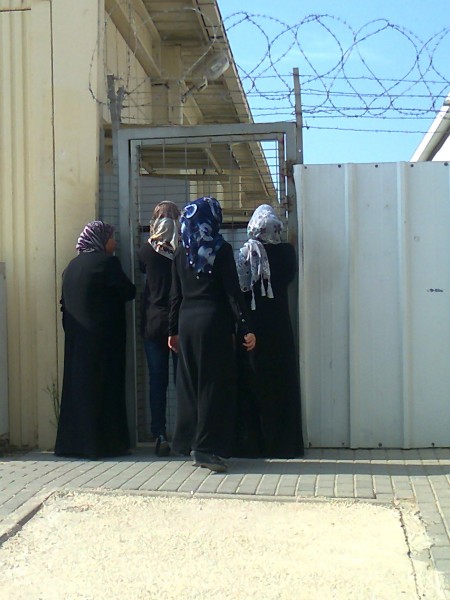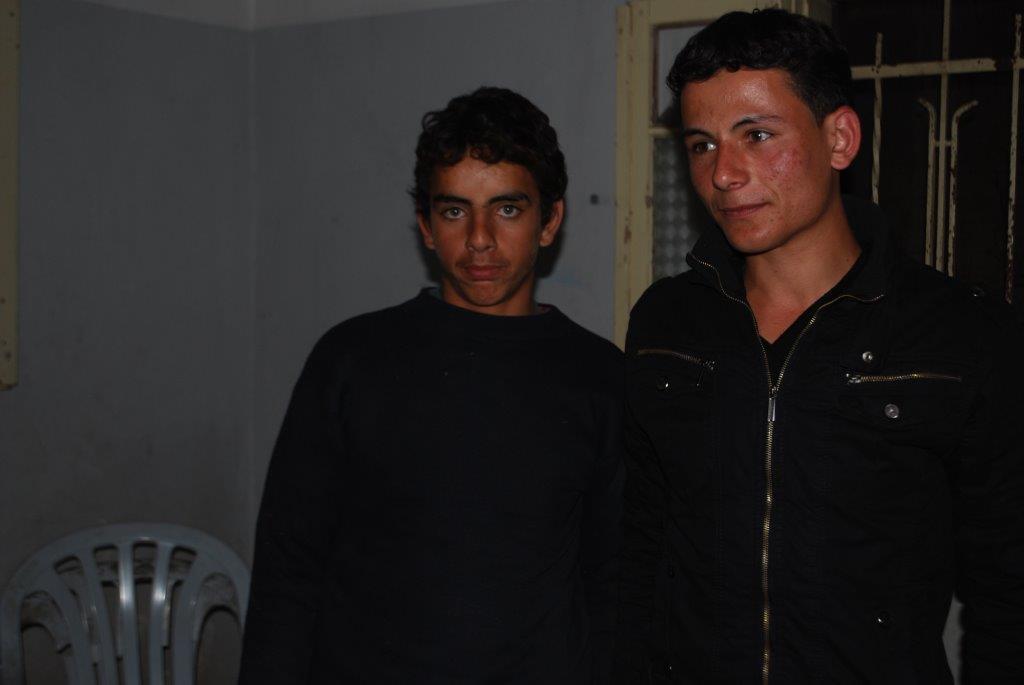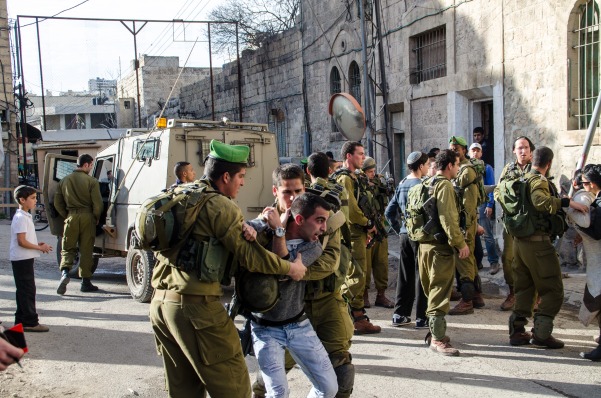Category: Reports
-
Two international activists arrested on visit to military court
29th January 2014 | International Solidarity Movement | Occupied Palestine On Wednesday 29th January, 2014, two international human rights activists were arrested at Salem Military Court, in Jenin district. The activists, Norwegian and Canadian, were at the court to attend a hearing for Ahmad Atatreh, a 20-year-old Palestinian activist who had been arrested ten days…
-
Two Palestinian fishermen, including child, kidnapped by Israeli forces off Gaza
27th January 2014 | International Solidarity Movement, Rosa Schiano | Gaza, Occupied Palestine On Monday, 20th January, at about 6:00 am, Yousef Amin Abo Warda (age 18) and his cousin Ahmad Kamal Abo Warda (age 16) left their house to go fishing in a small boat without an engine. Around 7:30 am they were fishing in…
-
Thirteen-year-old boy attacked by settlers then arrested at Checkpoint 56 in Hebron
25th January 2014 | International Solidarity Movement, Khalil Team | Hebron, Occupied Palestine On Saturday, January 25th at around 2:30 p.m., when a group of around 30 settlers were passing by Checkpoint 56 on Al-Shuhada Street in Hebron, two 13-year-old boys were attacked by five settlers. One of the boys, his father and a photographer were taken…



